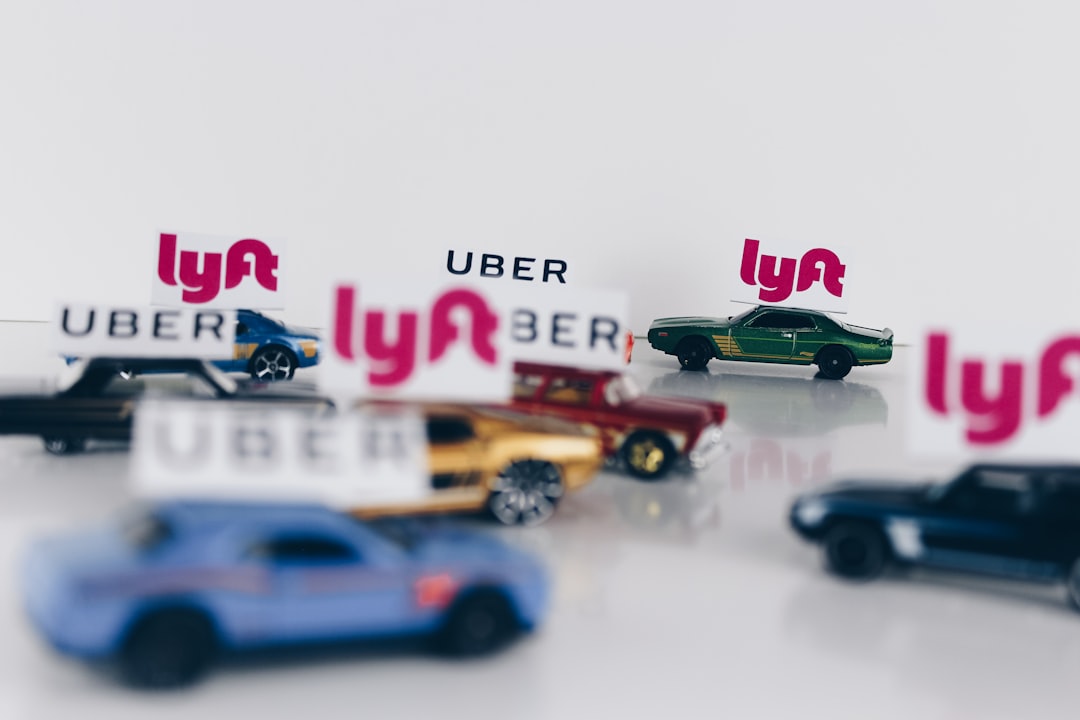I am a member of the Baby Boomer generation born between 1946 and 1964. Baby Boomers constitute over 70 million Americans, and investopedia.com estimates they are retiring at a rate of 10,000 a day. While some retiring boomers are looking forward to playing golf, volunteering at their local church, or spending their time gardening, many of these boomers are not sure what they will do during retirement.

Retirees often would like to have a bit of extra spending money, not the equivalent of a full-time job, but just a little extra. They do not want to have a new boss, and they know little about building a business or creating products.
As a backdrop to the avalanche of new retirees we are at the lowest unemployment in decades. People with current skills looking to work have multiple choices for jobs. The key to employment today is current skills.
Along with low unemployment, the expanding "gig" economy of self-employed drivers, doers, and makers is fracturing traditional work cultures and practices. Our new workers are remaking how we work and discovering that technology innovation is creating opportunities to make things at home or in a shared maker space. These same processes required expensive factories in the past.

This combination of self-employment and thriving maker self-reliance is fueling innovation across industries. 3d printers, laser cutters, $25 single board computers are all examples of technologies supporting this innovation. Gen X and Gen Y citizens are comfortable with new technology and the evolving maker culture. Retirees are not.
To fuel the future, elementary schools are adding "maker labs" that teach our children how to create with the help of these low-cost technology innovations. These labs come equipped with traditional equipment (now much less expensive) from the "industrial arts" days for woodworking and metalworking plus new technologies; 3d printers, laser cutters, soldering irons and computers with computer-aided design applications.

Our kids are learning that if you can think it, and then draw it on a computer, you can make it.
This belief is foreign to most boomers who assumed you need a business of scale, a factory, and specially trained engineers and technicians for every task.
The technology to support the next generation of makers is rapidly evolving but our population is not growing fast enough, and our 20, 30 and 40-year-olds who are embracing the new maker culture and tools are busy at their day jobs and raising young families. We cannot wait for our kids to take advantage of these new opportunities. As a society, we have the technology to embrace local manufacturing, the e-commerce infrastructure at sites like Etsy to sell these goods, but not enough makers who understand these new tools and techniques. These disciplines are ideal for people looking for self-directed part-time work, a fulfilling hobby or something they can learn and then teach to others.
A solution to our shortage of makers is to provide the education, support, and direction so our retiring boomers can retool as makers. For a few hundred to a few thousand dollars, in some cases for less then the price of a video console a retiree might buy for their grandchild, a boomer can become a maker. The machines for hand-making (turning) fully customized pens, wine bottle stoppers, and other trinkets; designing and printing custom plastics items; building custom electronic devices, and crafting custom wood product perfect for craft fairs and online sales, are all readily available if you know where to look. The key to success is customization. Unlike traditional factories, makers using these new tools and technologies can produce custom goods in a fraction of the time of creating tooling for factories and sell these custom items at premium prices.
Even more exciting is the ability to combine multiple disciplines; perhaps electronics, woodworking, and 3d printing to invent the next life-changing product. All of this and more is available to our millions of boomers with just a bit of help.

If you know where to look, on Internet sites such as YouTube and others, you can gain access to learning anything. Learning new skills does not only provide engaging vocations and hobbies it also keeps you young. The LA Times recently published an article highlighting a study from Dr. William Shankle, a neurologist and program director of the Memory and Cognitive Disorders at the Pickup Family Neurosciences Institute at Hoag Hospital outlining research that demonstrates a direct association between learning new skills and avoiding Alzheimer's. Dr. Shankle states in the article "there is a direct association between the amount of lifelong learning and the level of amyloid in people’s brains." He also states "we have a pretty big window to identify Alzheimer’s Disease while people are functioning normally,” Shankle said. “If we can do that, then we don’t have as much amyloid to remove, and we can preserve that normality of function."
As a future retiree, don't retire, instead retool and reboot the rest of your life as a maker.
Quotations from "http://www.latimes.com/socal/daily-pilot/entertainment/tn-wknd-et-alzheimers-20181112-story.html"








